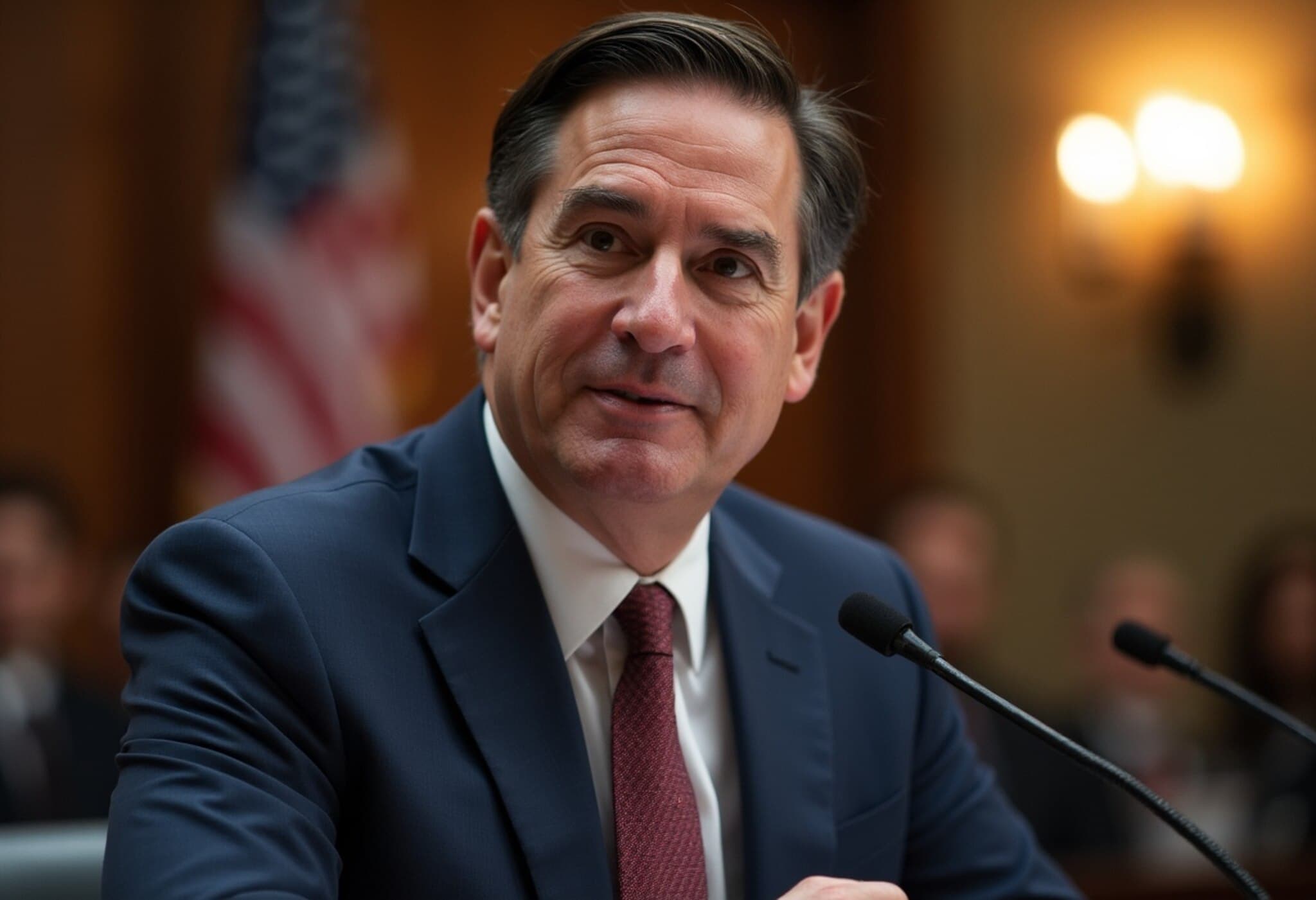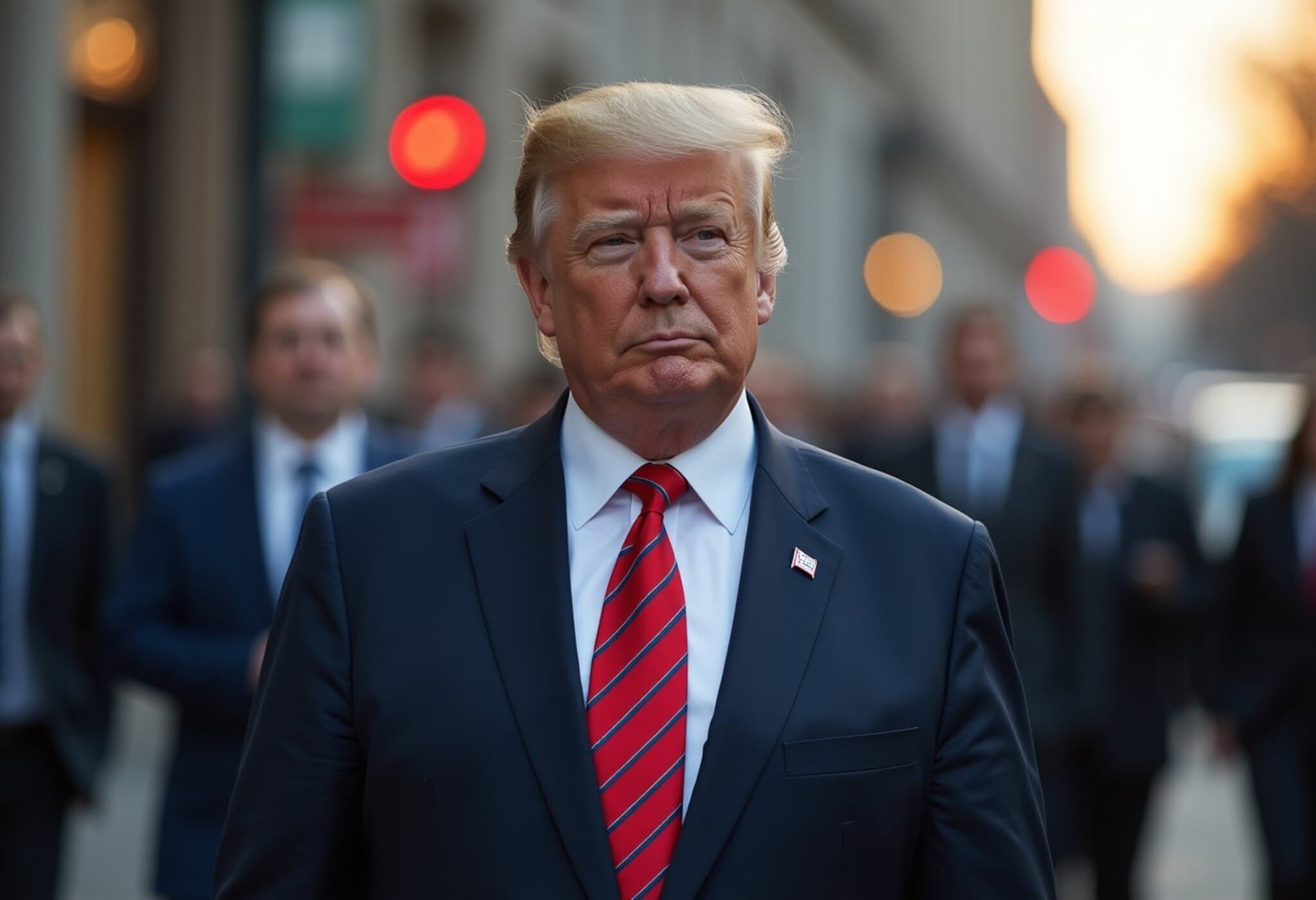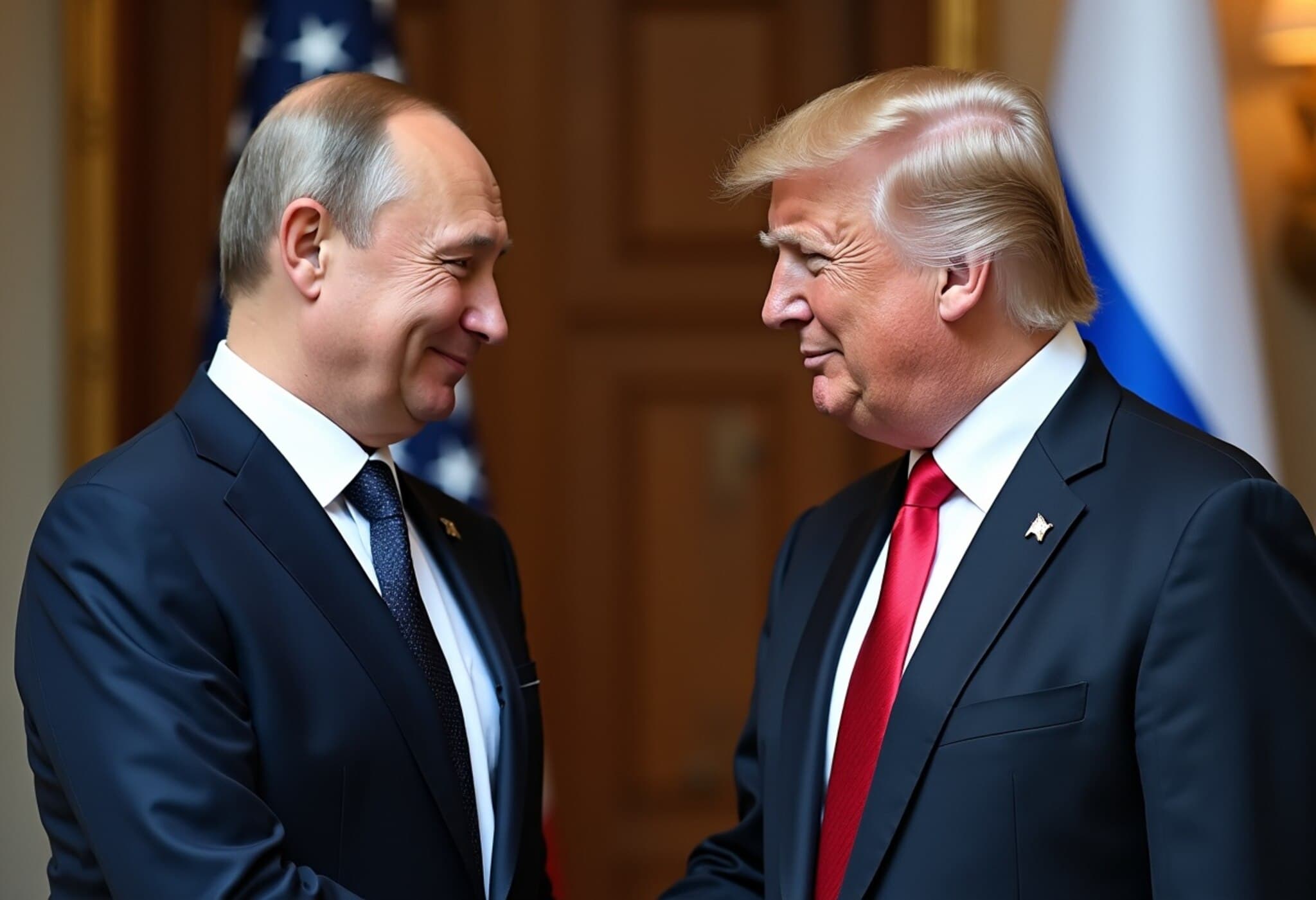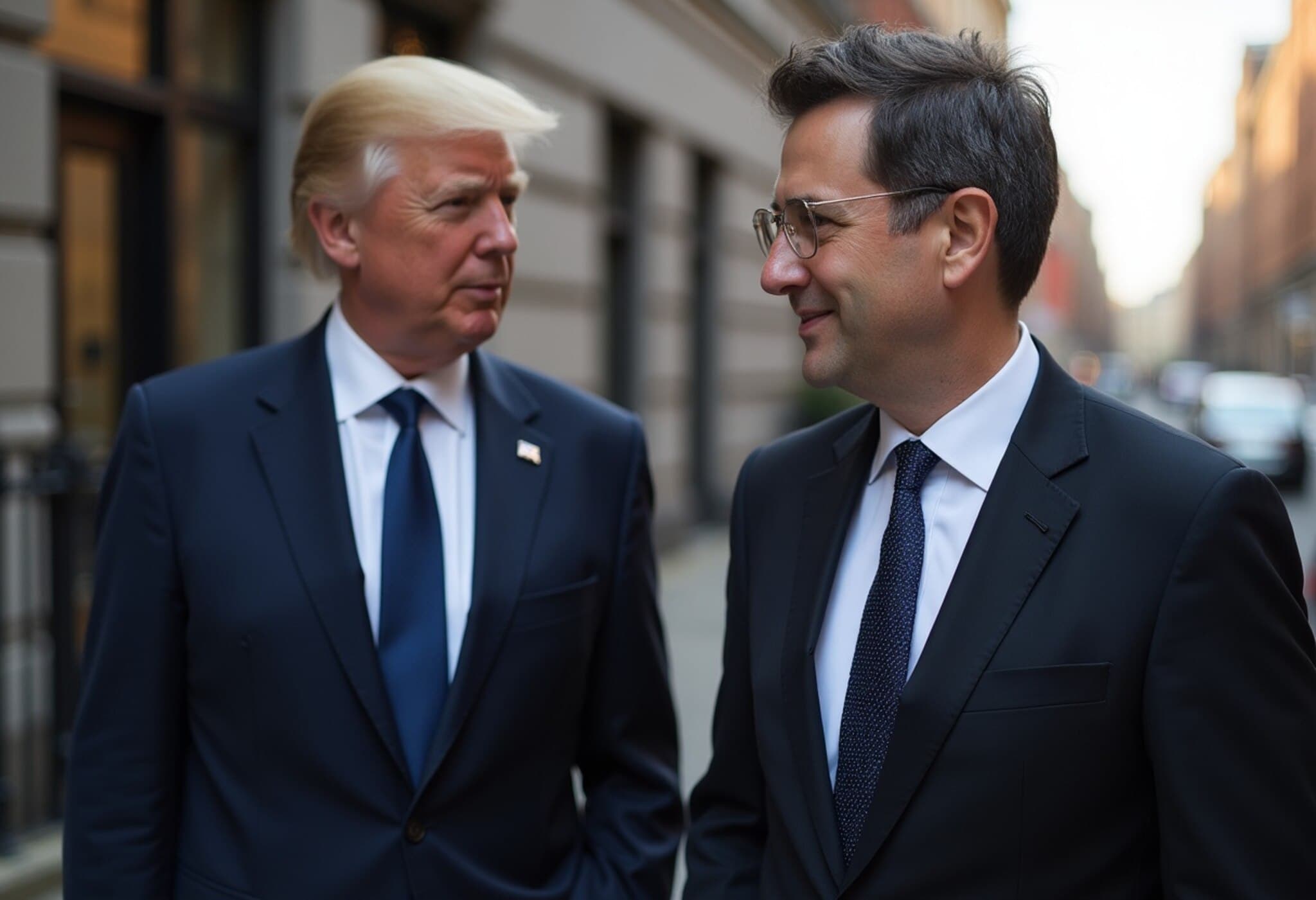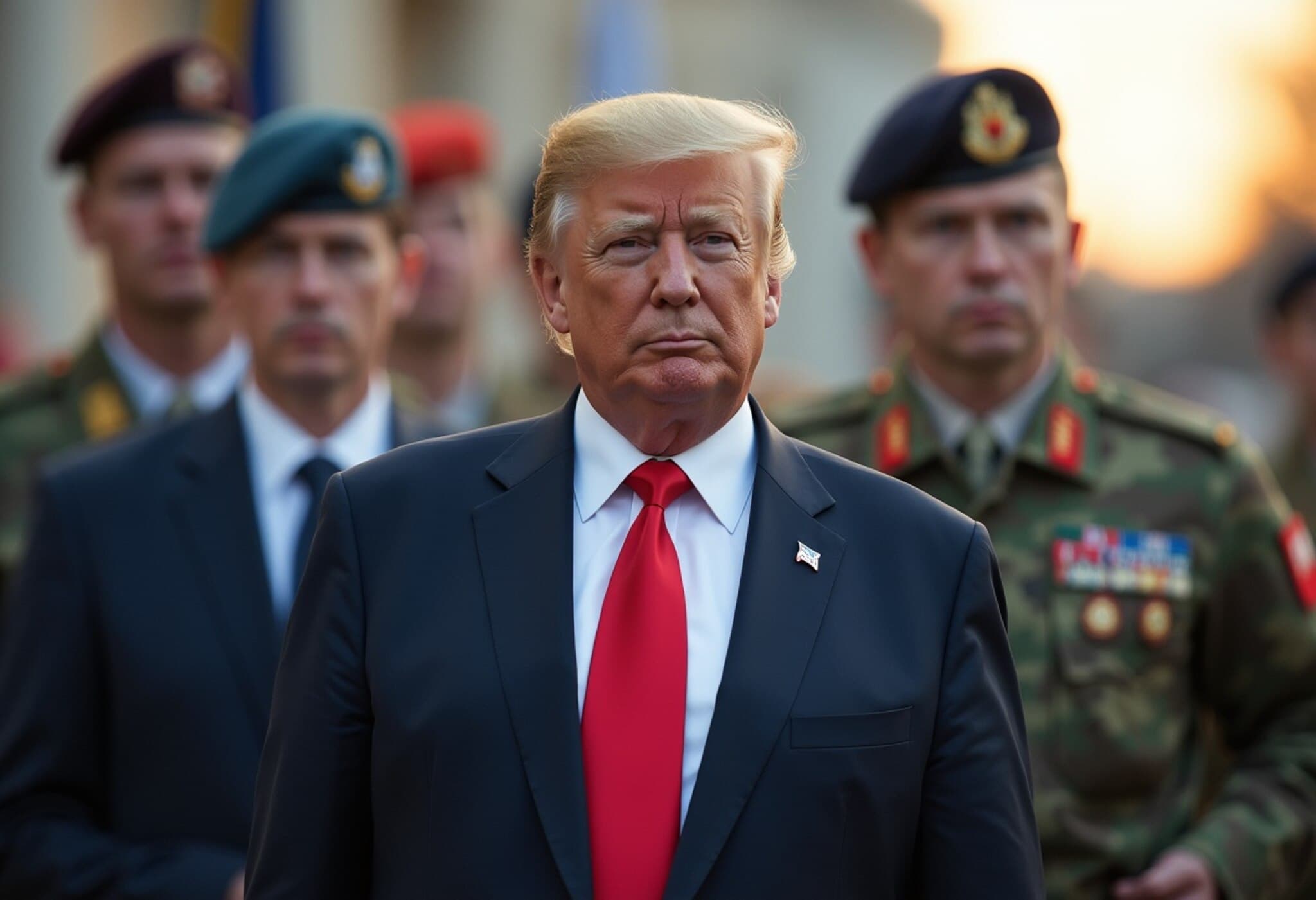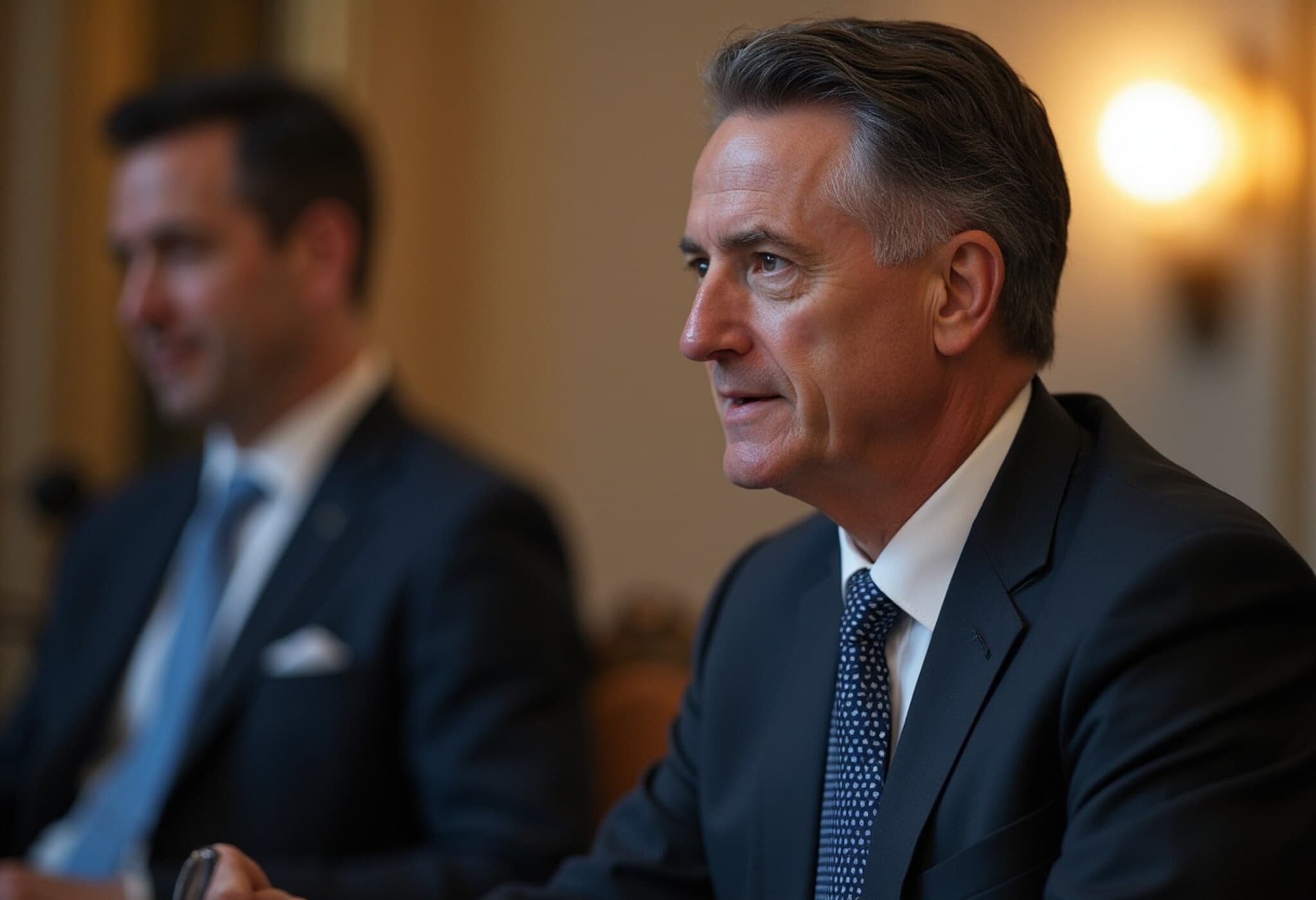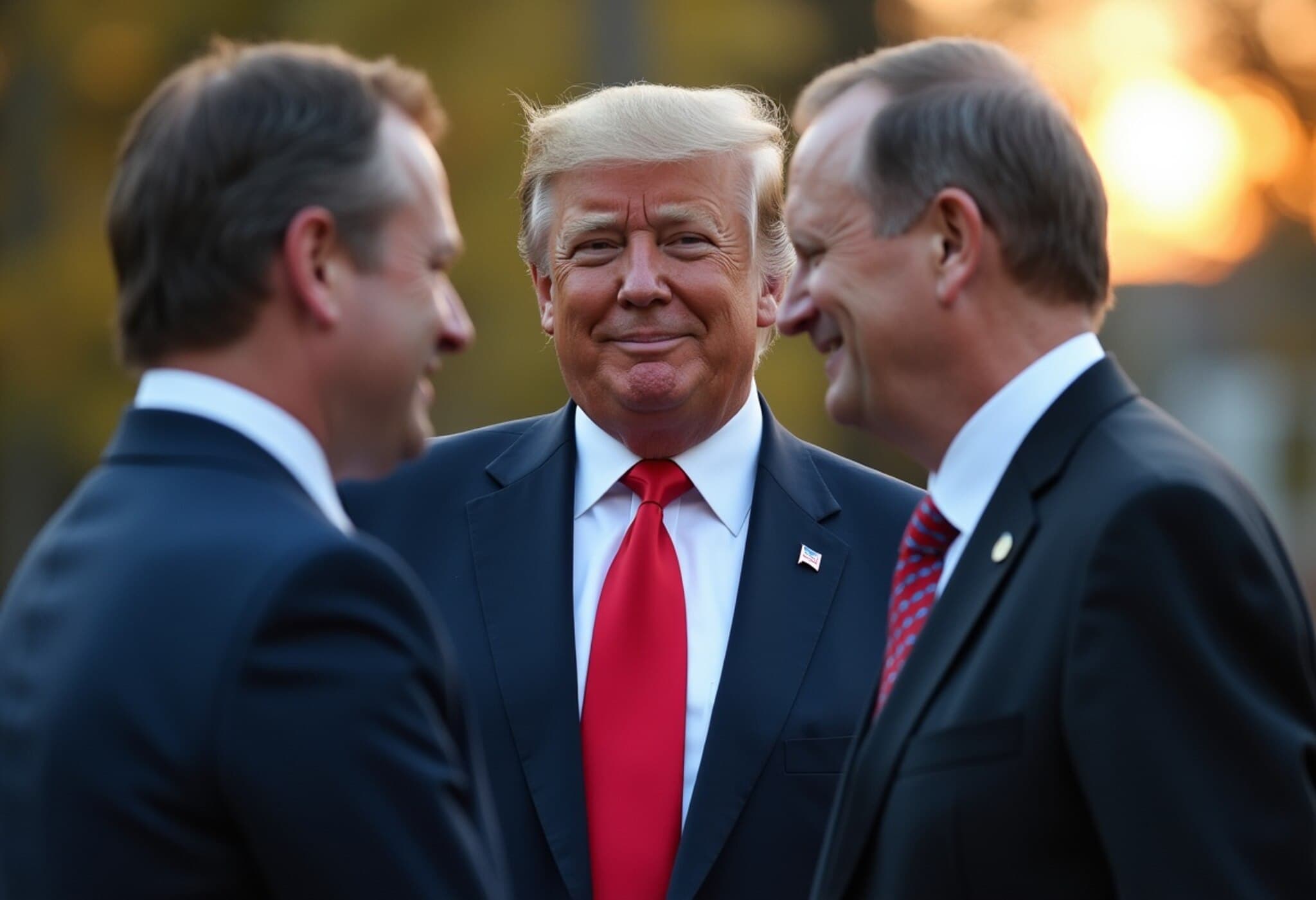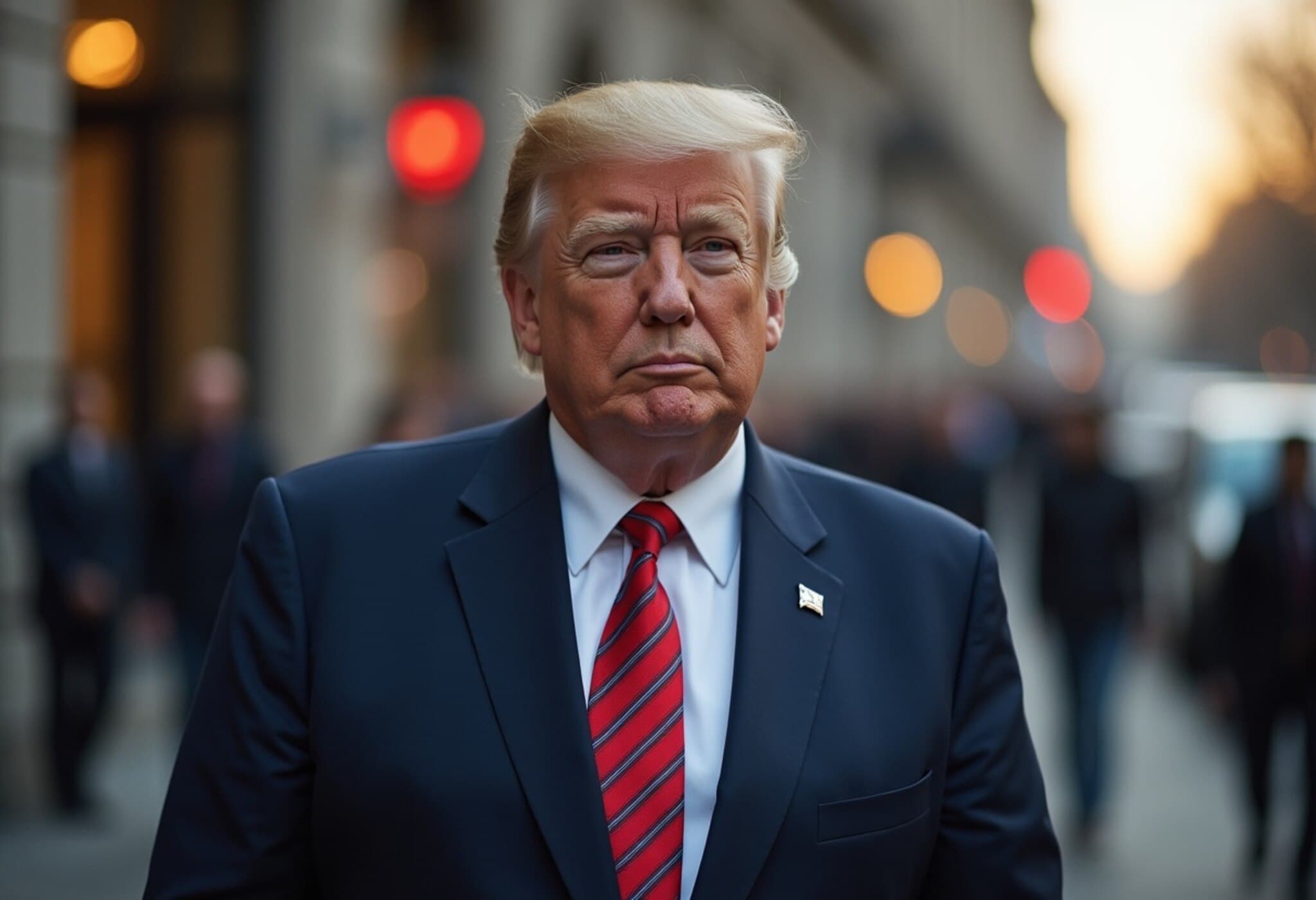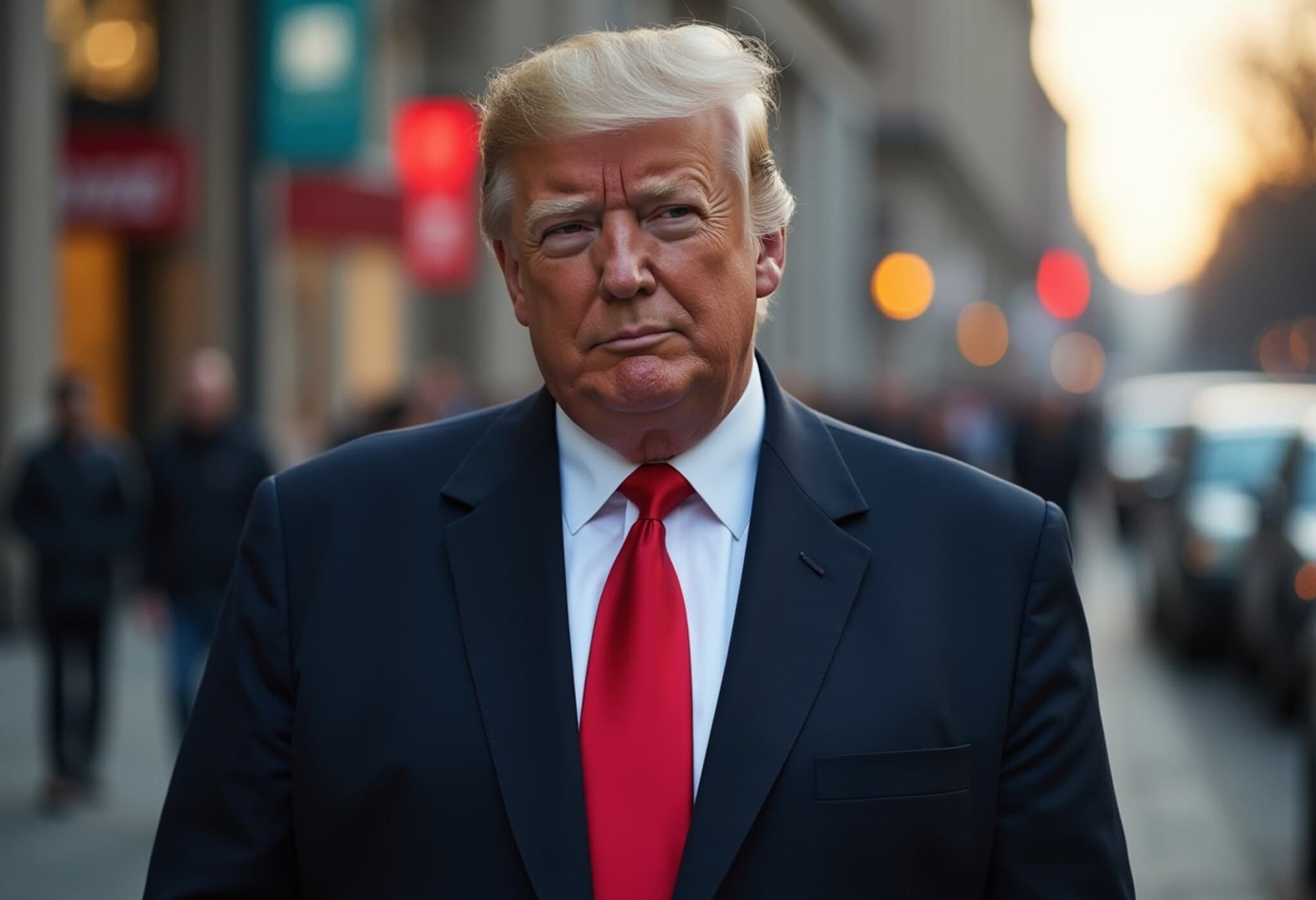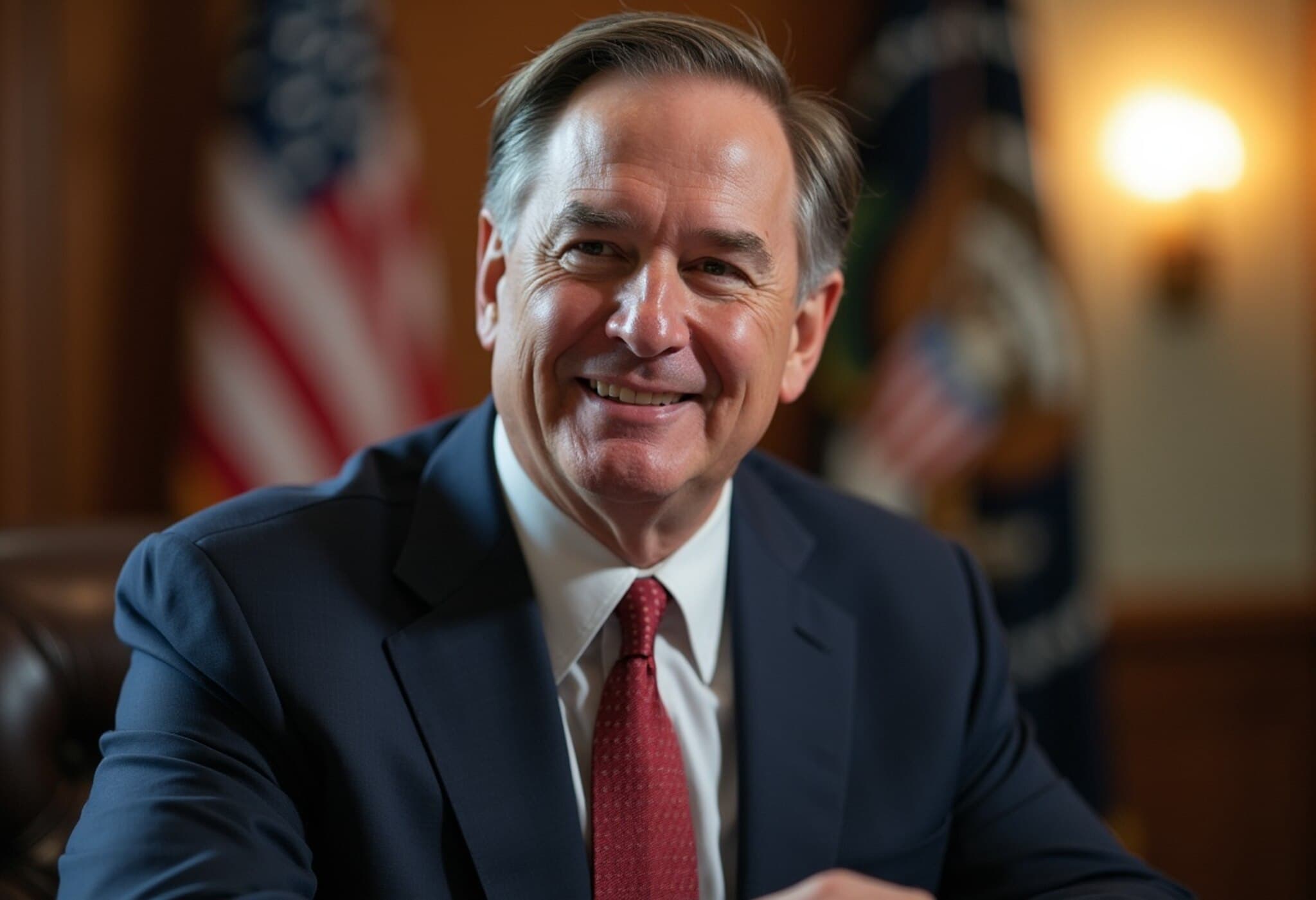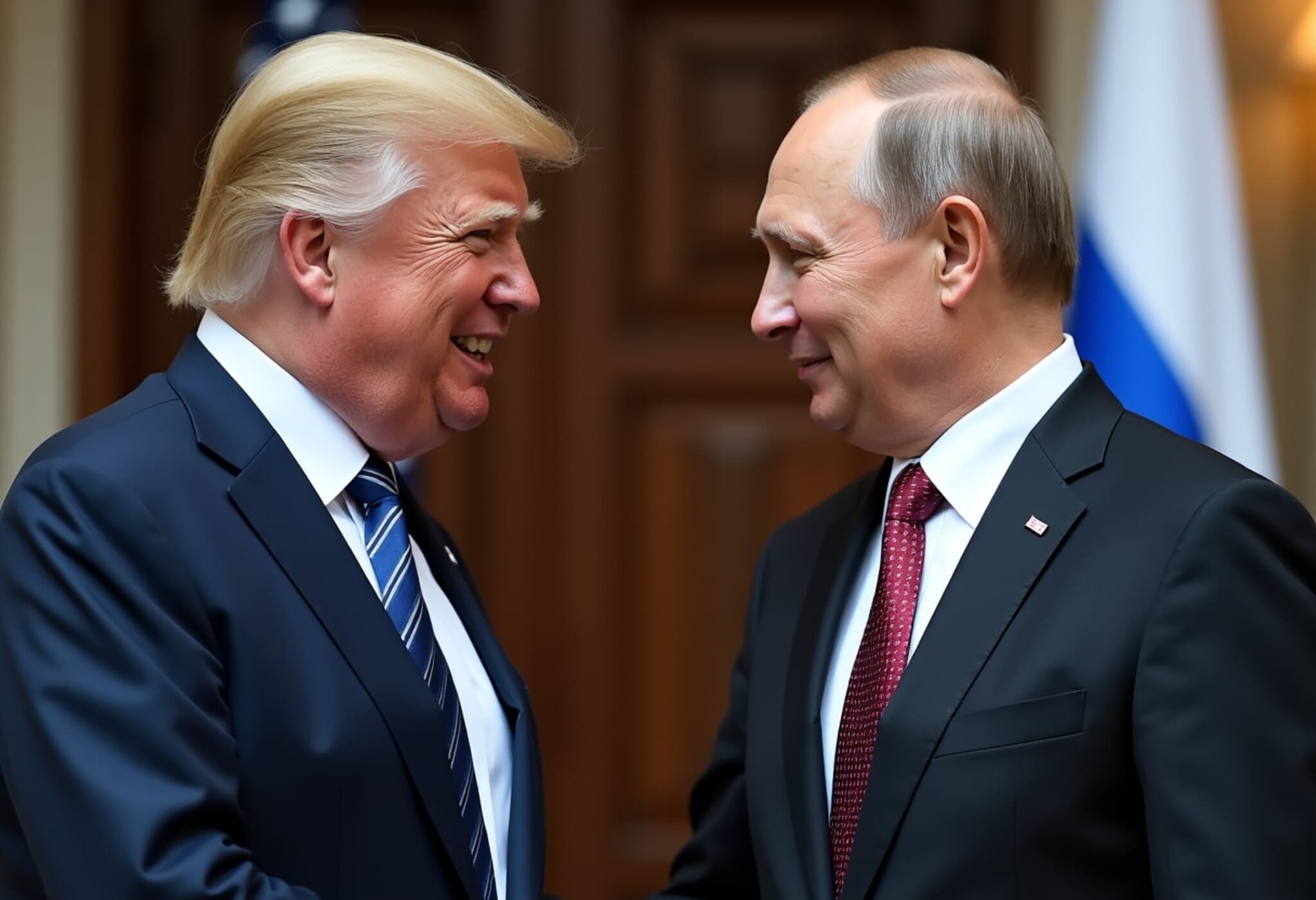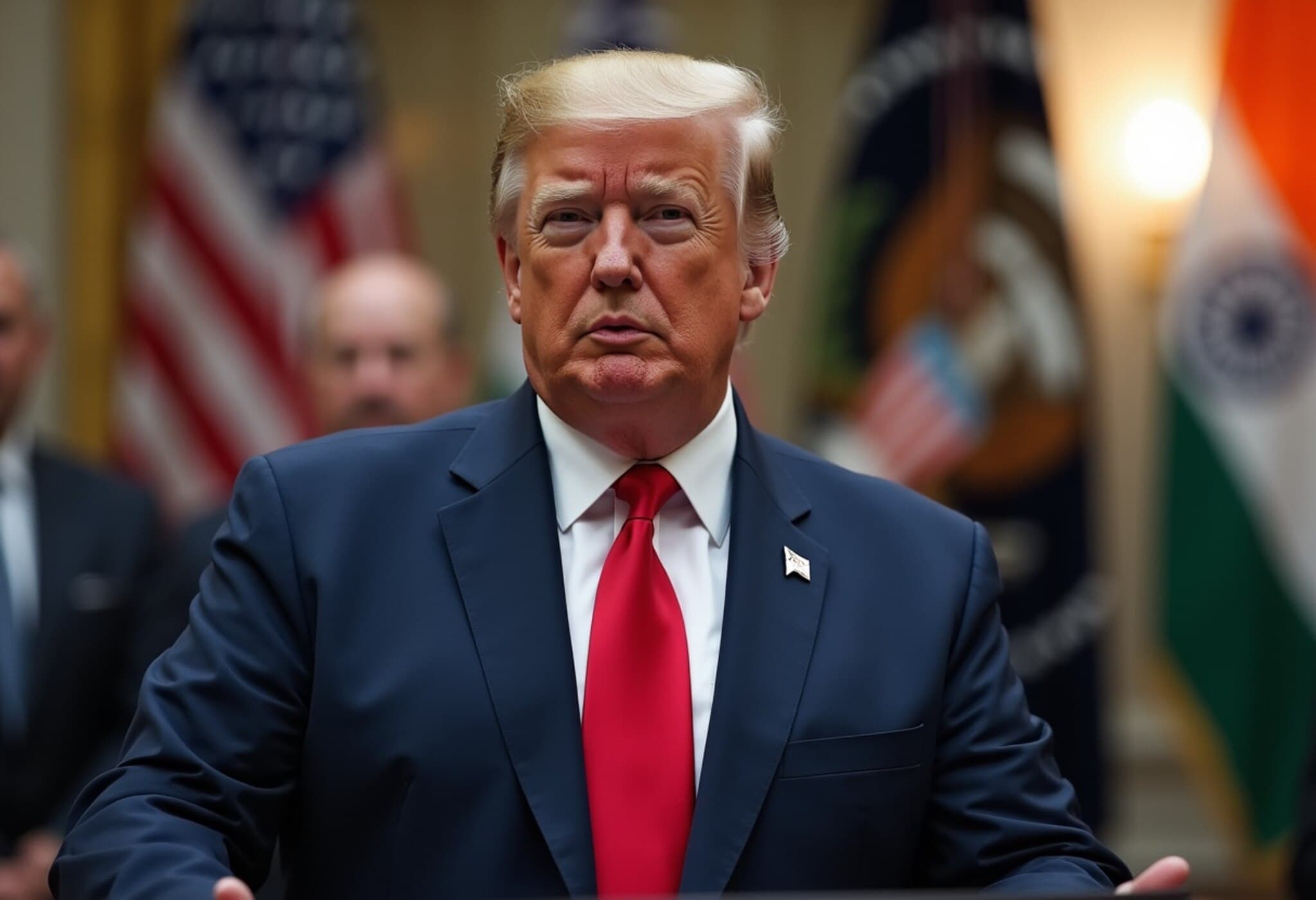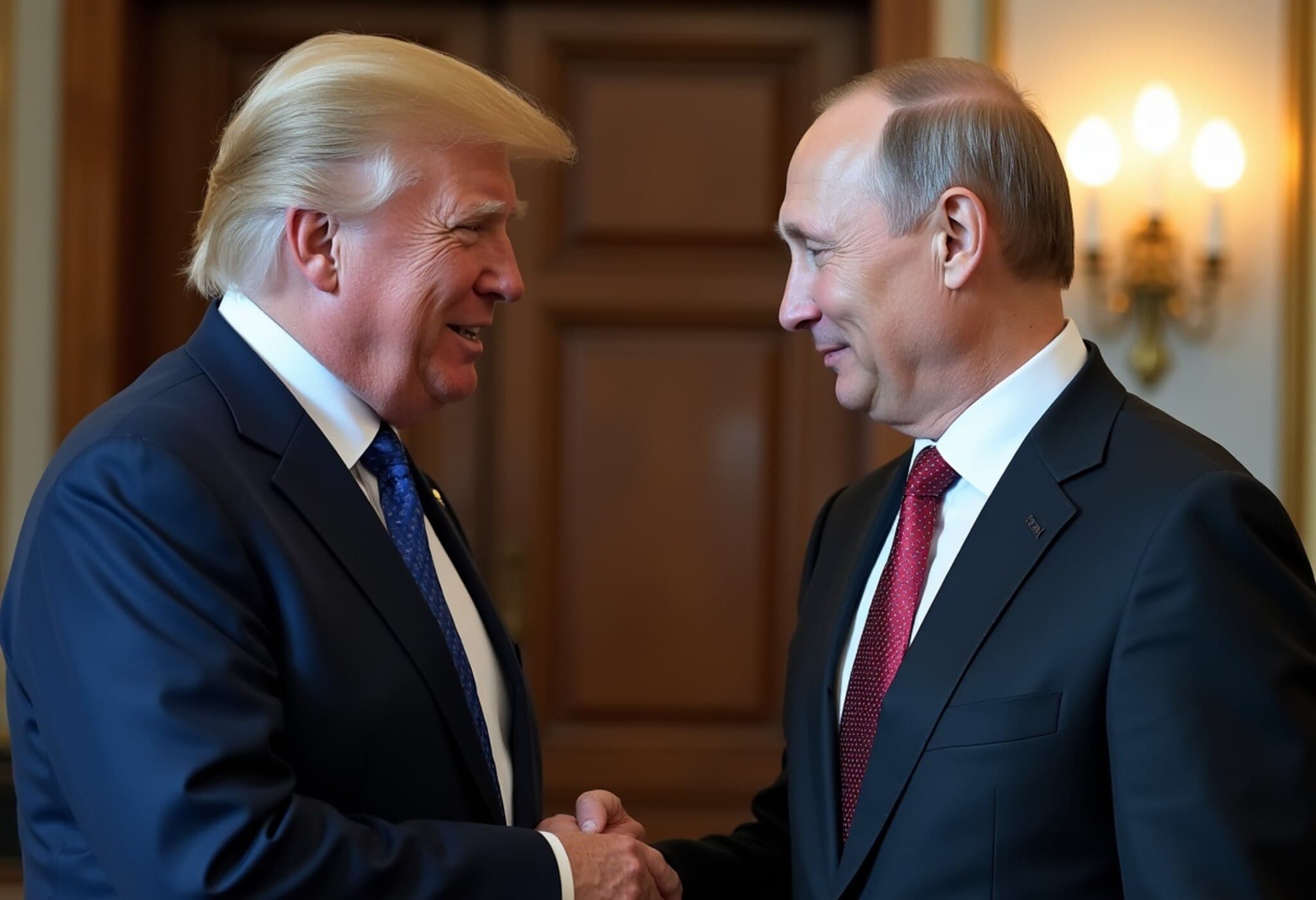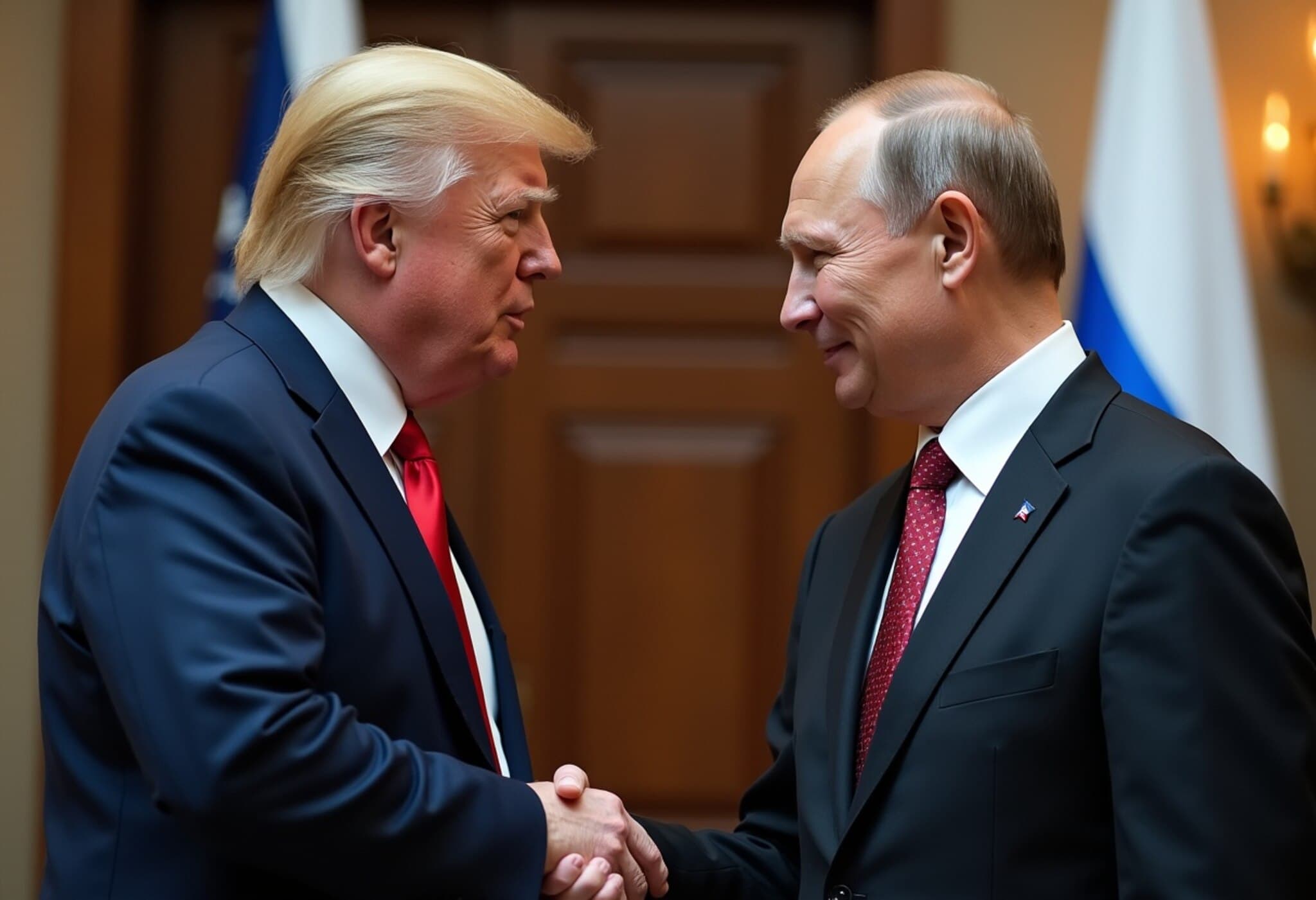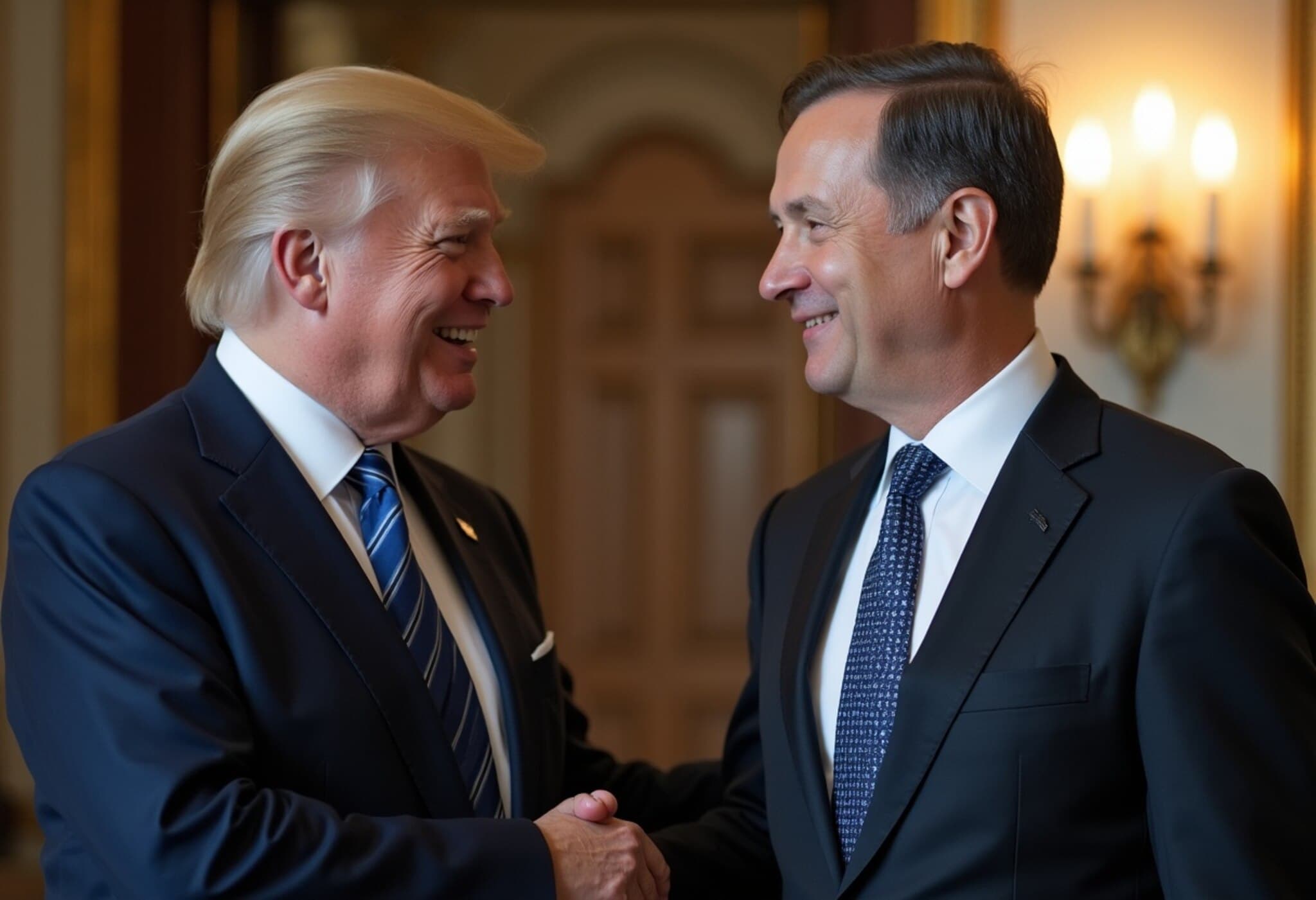US Commitment to Ukraine Peace Endures Amid Uncertain Prospects
In a candid interview on CBS’s Face the Nation this Sunday, Secretary of State Marco Rubio emphasized the United States' unwavering commitment to seeking a peaceful resolution to the protracted conflict between Russia and Ukraine. Yet, Rubio did not shy away from the sobering reality that a definitive peace agreement may remain elusive for the foreseeable future.
Balancing Hope with Harsh Realities
Rubio stressed that while Washington continues to vigorously explore diplomatic pathways, the possibility of sustained hostilities cannot be discounted. “If peace is not going to be possible here and this is just going to continue on as a war, people will continue to die by the thousands... we may unfortunately wind up there, but we don’t want to wind up there,” he told host Margaret Brennan.
The statement underscores the tragic human cost of the conflict, which has claimed thousands of lives and displaced millions since Russia’s invasion began in early 2022. For the United States, the calculus remains clear: to avoid further devastation, avenues toward peace must be vigorously pursued—even if success is not guaranteed.
Strategic Diplomacy: Setting the Stage for Talks in Washington
Rubio's comments came just ahead of a pivotal trilateral meeting in Washington, D.C., where Ukrainian President Volodymyr Zelenskyy is slated to meet with President Joe Biden and European leaders. This summit aims to consolidate international support for Ukraine and refine strategies to pressure Russia toward negotiation.
The backdrop to this is President Biden's recent summit with Russian President Vladimir Putin, which reportedly involved discussions on possible territorial compromises. According to insider reports, Putin has floated a plan whereby Russia might cede small areas of occupied Ukrainian territory in exchange for Ukraine relinquishing claims to parts of its fortified eastern strongholds and agreeing to freeze front lines. Such notions represent a delicate and contentious balancing act, reflecting the complex geopolitical chessboard.
Security Guarantees and Mutual Concessions: Keys to Any Peace Deal?
Rubio highlighted that security guarantees for Ukraine will be central to any negotiation, signaling the U.S.’s interest in ensuring Ukraine's sovereignty and territorial integrity are upheld as part of the discussions.
However, he acknowledged that a successful resolution hinges on both Russia and Ukraine making significant concessions—an outcome complicated by trust deficits and deep-rooted historical grievances. Without mutual compromise, any peace framework risks collapsing under the weight of incompatible demands.
Contextual Analysis: What Does This Mean for U.S. Policy and Global Stability?
Rubio’s remarks reflect the U.S. administration’s balancing act between diplomatic engagement and support for Ukraine’s defense. From a policy perspective, it is a nuanced stance: encouraging Russia to negotiate while bolstering Ukraine’s resilience against aggression.
Experts warn that sustaining this equilibrium is critical not only for European security but also for broader global stability. Any protracted conflict risks escalating into a wider geopolitical crisis with unpredictable ramifications, including economic disruptions and global energy insecurity—issues acutely relevant to American interests.
Underreported Angles: The Human Dimension and Political Will
- The toll on civilian populations: While high-level diplomacy dominates headlines, the enduring suffering of millions of Ukrainians—displaced, injured, or grieving loved ones—often fades from view.
- American public opinion: The sustainability of U.S. involvement may hinge on domestic support, which remains divided amid concerns over costs and strategic priorities.
- The role of European allies: Their unified backing or fracture will significantly influence Moscow's calculus and the peace process’s viability.
Looking Ahead: Uncertain Pathways and Enduring Hope
As diplomats prepare to gather in Washington this week, the international community watches with cautious optimism. Rubio’s acknowledgment of the grim possibility that peace might not be achievable serves as both a warning and a call to action: the window to end the conflict remains open, but closing it will require unprecedented resolve and collaboration.
For now, the U.S.'s role as a mediator and supporter remains indispensable, but the ultimate outcome will depend on the willingness of all parties to embrace compromise and the global community’s commitment to sustained engagement.

